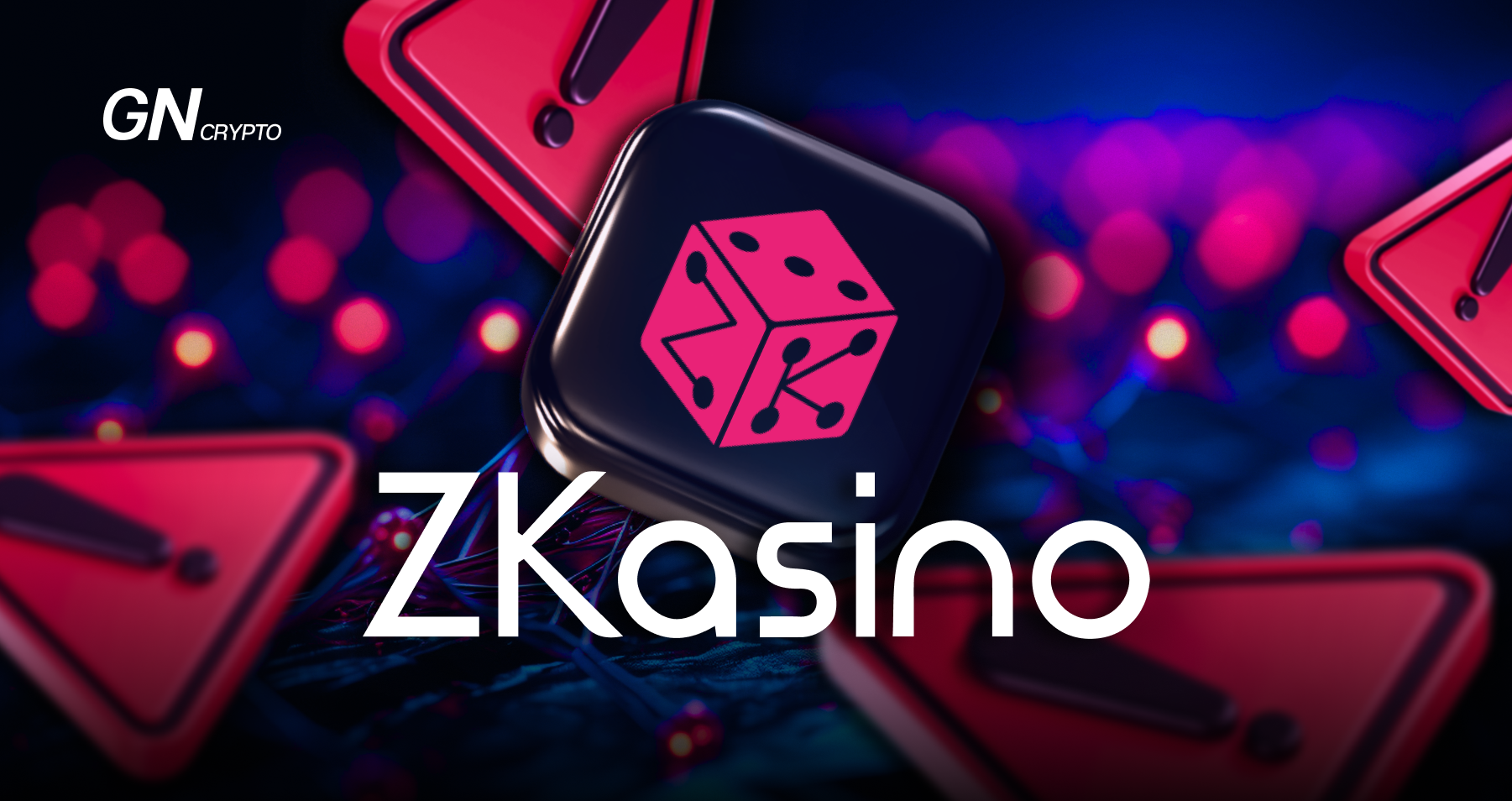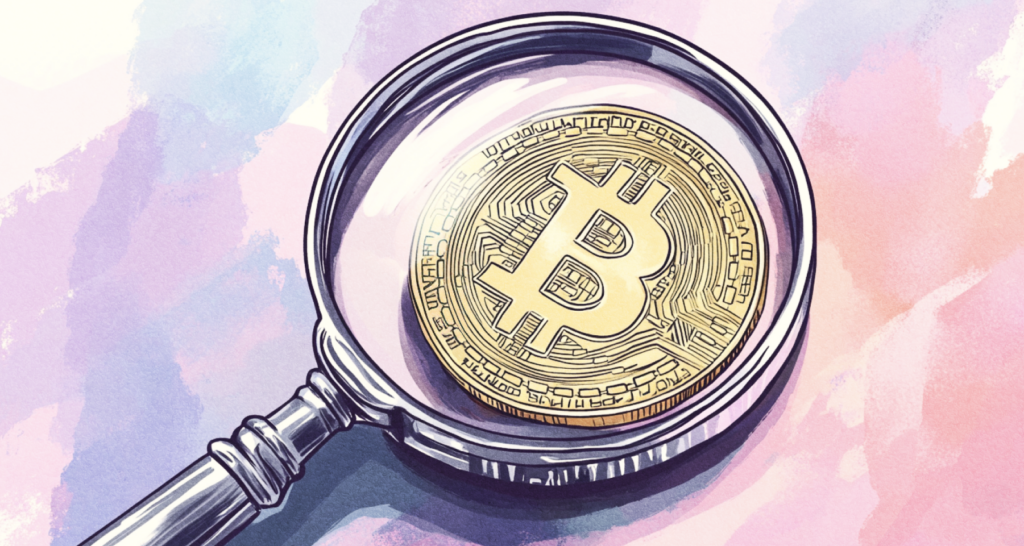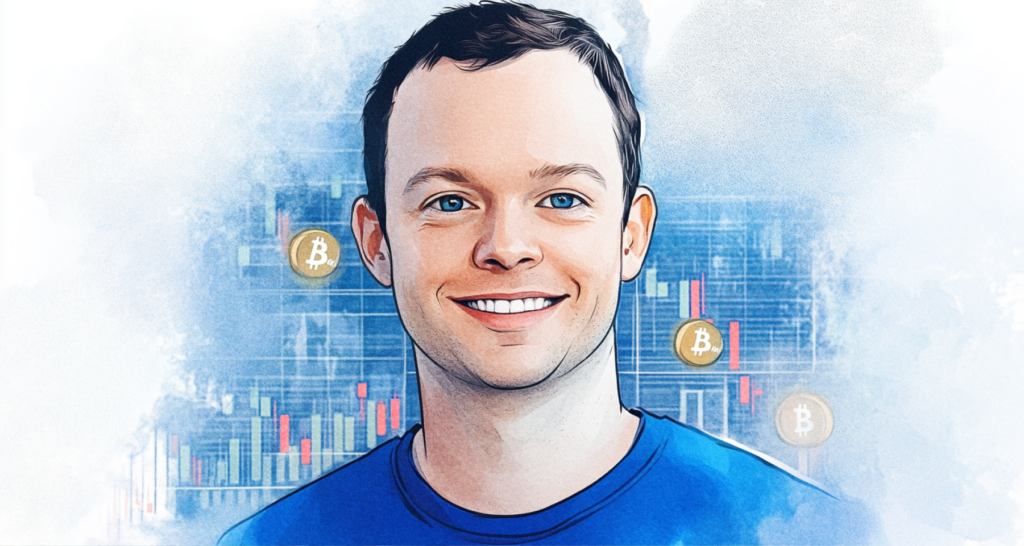ZKasino staked the ETH it ought to return to users

The blockchain gambling project ZKasino has transferred 10,515 ETH ($33 million) of user funds to the Lido staking protocol, despite initially promising to return them to their owners.
On this page
The blockchain gambling project ZKasino has transferred 10,515 ETH ($33 million) of user funds to the Lido staking protocol, despite initially promising to return them to their owners.
Since its launch on April 20, around 10,000 users had deposited their ETH with the project. According to the original plan, these coins were to be temporarily locked for farming the project's ZKAS tokens, and users were supposed to eventually get back both their ETH and the earned ZKAS tokens.
However, ZKasino altered the agreement and converted the received ETH into ZKAS without user consent. As a result, users received ZKAS tokens, which currently are not traded on any exchange and thus hold dubious value.
The project also deleted all social media posts and website content that mentioned returning ETH to users. The coins were instead moved into the Lido staking protocol, with the resulting profits benefiting ZKasino, not the users.
Astute cryptocurrency enthusiasts have pointed out that the ZKasino protocol “took 2 minutes to deploy,” and is missing the advertised zero-knowledge technology.
Investors are now distancing themselves from the project. VC firm Big Brain has confirmed that it did not invest in ZKasino, and the MEXC fund has stated that it is also a victim in this debacle.
As of now, the ZKasino team has not addressed the community's backlash.
The content on The Coinomist is for informational purposes only and should not be interpreted as financial advice. While we strive to provide accurate and up-to-date information, we do not guarantee the accuracy, completeness, or reliability of any content. Neither we accept liability for any errors or omissions in the information provided or for any financial losses incurred as a result of relying on this information. Actions based on this content are at your own risk. Always do your own research and consult a professional. See our Terms, Privacy Policy, and Disclaimers for more details.


























